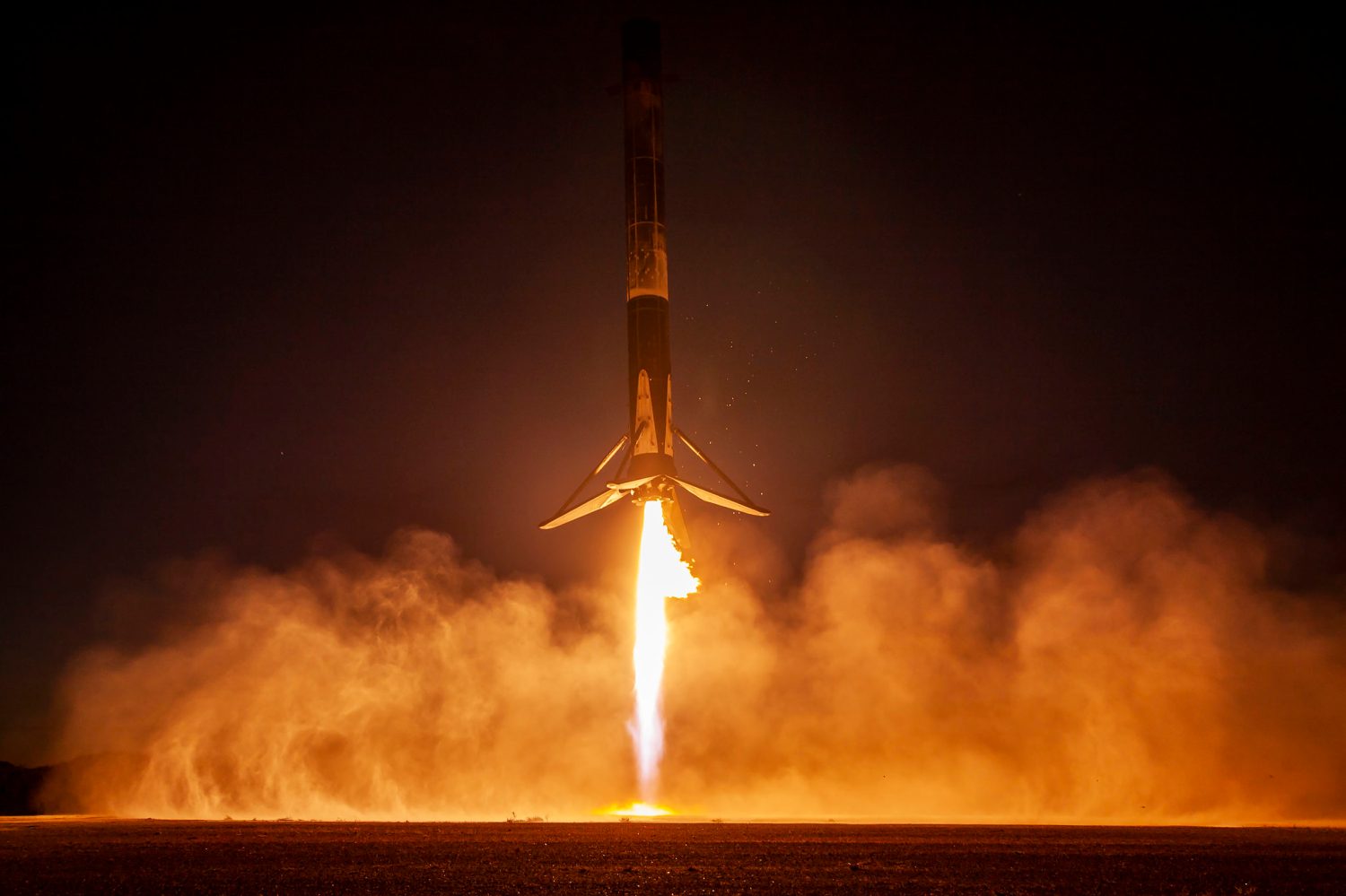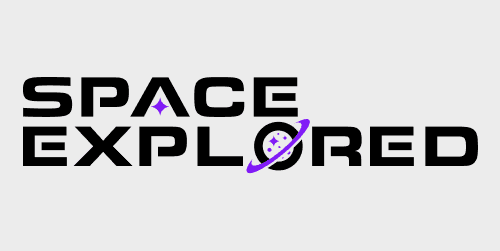
If you would go back to 2014 and say NASA would be pro-flying reflown boosters in the future, I think many people would find you crazy. However, after the booster that flew Axiom-1 to space landed for its fifth time, NASA’s Thomas Zurbuchen tweeted his preference for these reused boosters.
In a tweet, Dr. Thomas Zurbuchen, NASA’s Associate Administrator for NASA’s Science Mission Directorate, stated he “now prefers previously used boosters over totally new ones for most science applications.” It was crazy to think only a few years ago, NASA was a big reason why SpaceX had to build new Falcon 9 boosters as it didn’t allow reflown boosters for its missions.
NASA began testing some minor missions on flight-proven Falcon 9 boosters in 2017. The first booster to do so is now on display at Space Center Houston, the closest you can get to any Falcon 9. Now almost all of SpaceX’s missions, commercial, NASA, or DoD, fly on flight-proven boosters. This is because SpaceX has shown their increased reliability and cost savings over brand new boosters.
SpaceX booster reuse has come a long way
We say it a lot, but it’s always important to remind everyone how industry-shaking SpaceX’s reusable Falcon 9s have been. We don’t get to see complete methodology shakeups in industries very often, but SpaceX did it. Now the list of other companies building, designing, or just thinking about switching to reusability is endless.
SpaceX’s reusability records seem to be broken every few months. As of writing this, the company has four first stages in the double digits, with the record being at 12 launches. Insane when we weren’t sure any would make it to ten flights only a few years ago.
FTC: We use income earning auto affiliate links. More.


Comments